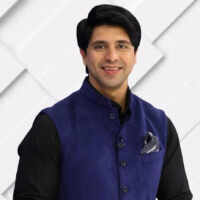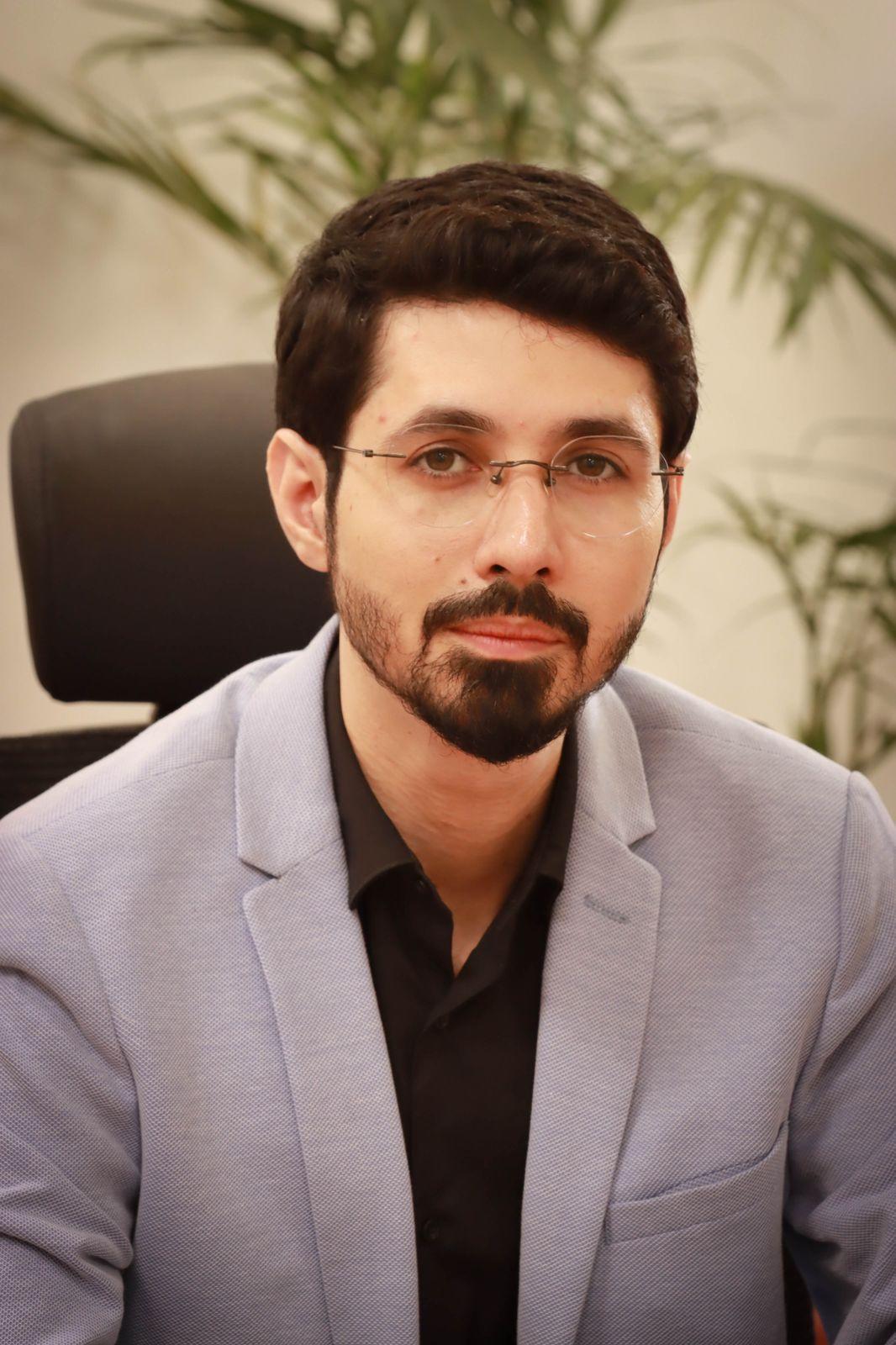Bhooth-proof elections

Thanks to SIR, bhooth-capturing may become a thing of the past
If indeed the 65L names deleted from the records by the Special Intensive Revision (SIR) were of bona fide living residents of Bihar whom the ruling dispensation in the state (and the Centre) allegedly wanted to disenfranchise, there should have been a huge outcry at the polling booths. But there was none. So the inescapable conclusion is that many, if not most, of the electoral rolls in India are haunted – full of ghosts of people long gone.
As by their very nature they lack form, these spirits could be persuaded to spectrally arise from the rolls to take on the guise of whoever the ruling dispensation wants at election time. And for decades, the relevant authorities were apparently happy to accommodate these obliging disembodied beings in the rambunctious festival of democracy that we Indians call elections. This eidolic cohort could be called, to coin a phrase, poll bhooths.
They came in especially handy for that peculiarly Indian poll-time activity called bhooth-capturing, which was how some political parties facilitated desirable election results. Lakhs of ghostly voters mysteriously cast their ballots without being seen, often leading to improbable victories or victory margins. Those who did not believe in this supernatural adult franchise, of course, had a more mundane name for this phenomenon: scientific rigging.
Cultivating this phantasmal constituency has its advantages too. They do not have any demands, given their disembodied state. For much the same reason, they also do not have any political loyalties; arguably they can be roped in to bolster the electoral chances of anyone resourceful enough to ‘capture’ these bhooths. But SIR has proved to be a ghostbuster par excellence. Thus, the political bhavishya (future) of these bhooths of elections past appears dim.
Ghosts do not have discernible voices, alas. So even if they still want to rally behind any political party’s ‘vote chori’ clarion call in the future to demand their right to resume or continue participating from the afterlife, they cannot be heard. Even if they became audible somehow, electoral rules debar them as such rights end with, well, death. Poll bhooths have to reconcile themselves to the fact that their incorporeal participation in Indian elections is over.
Disclaimer
Views expressed above are the author’s own.
END OF ARTICLE





